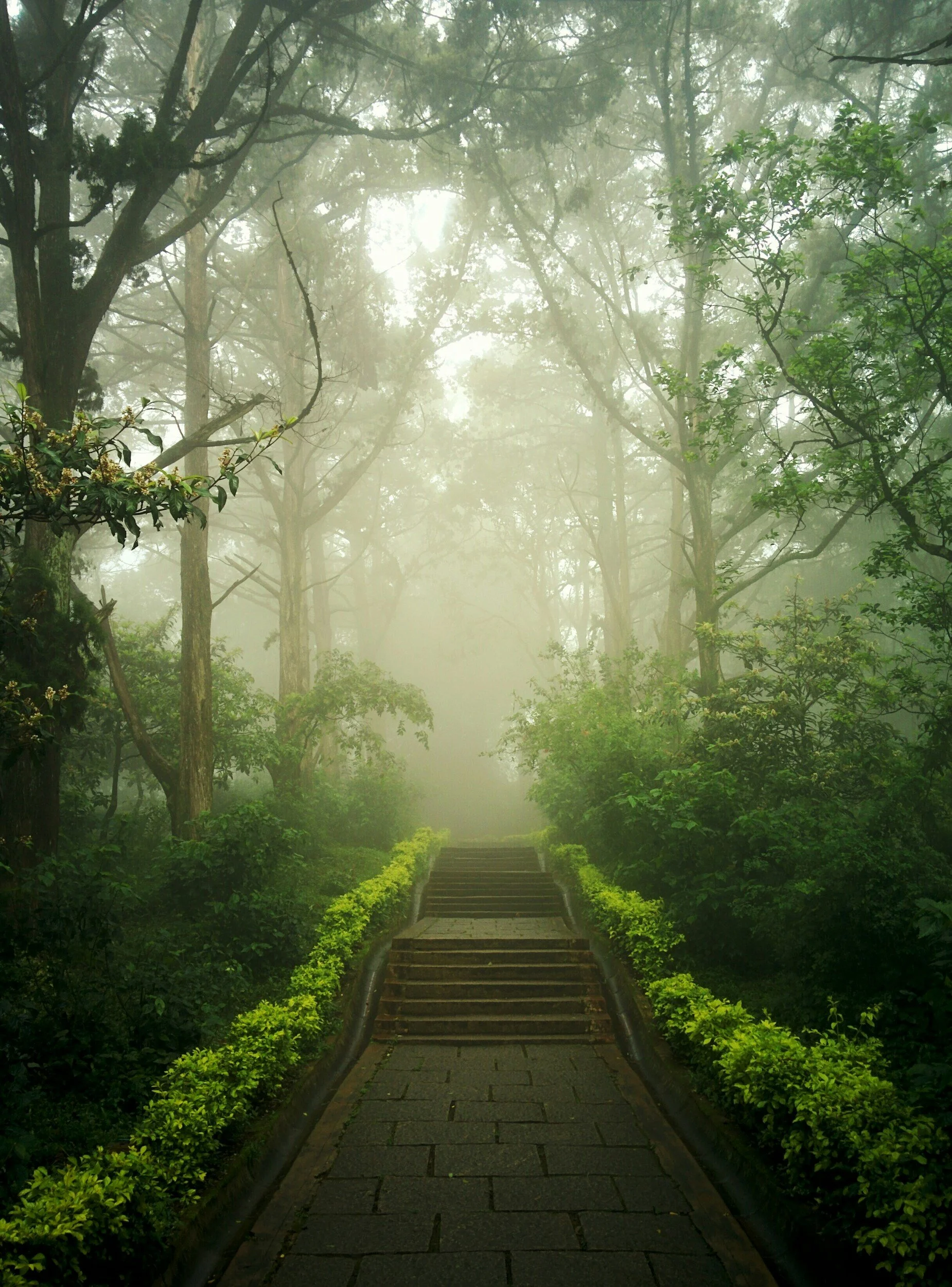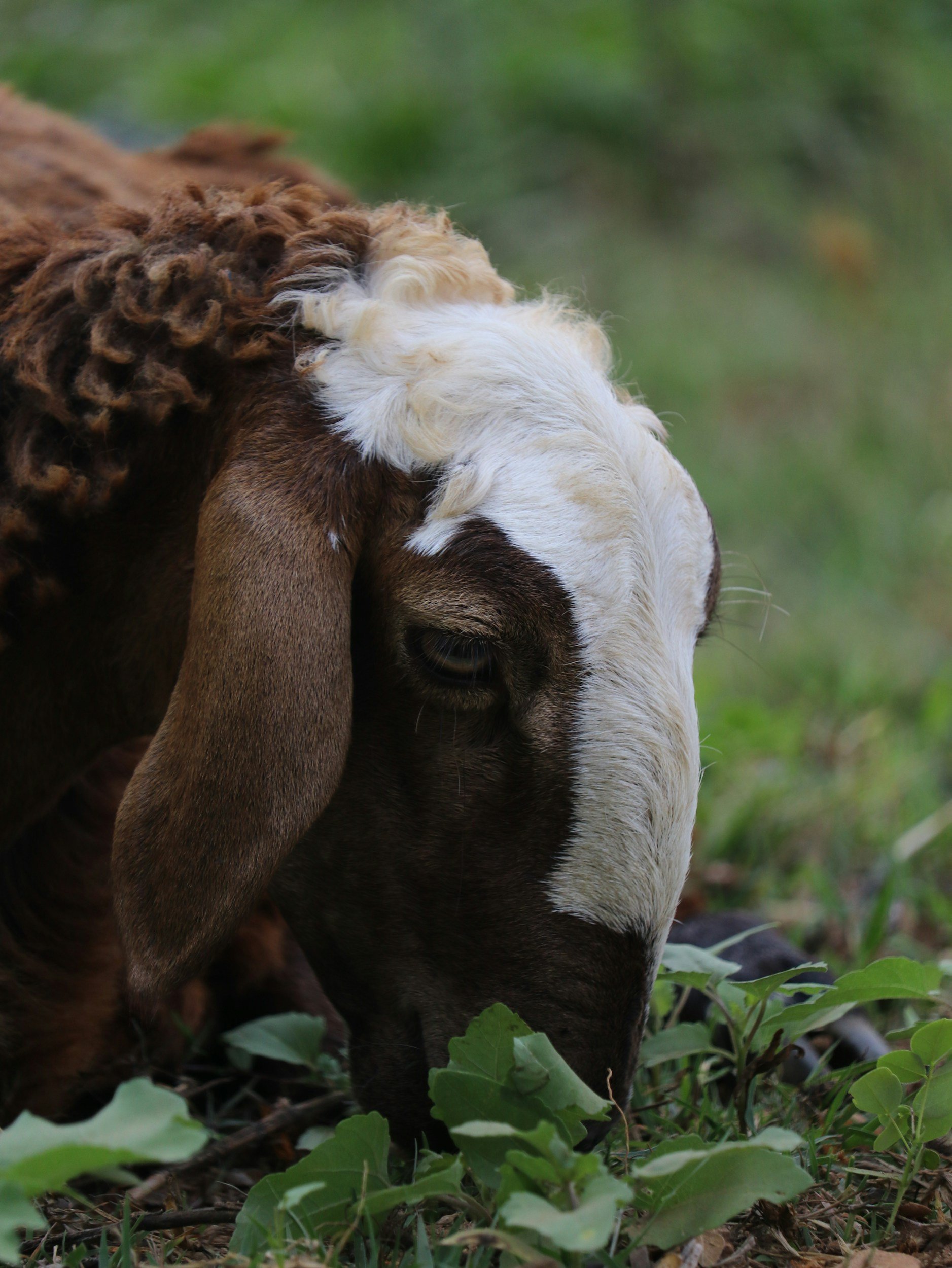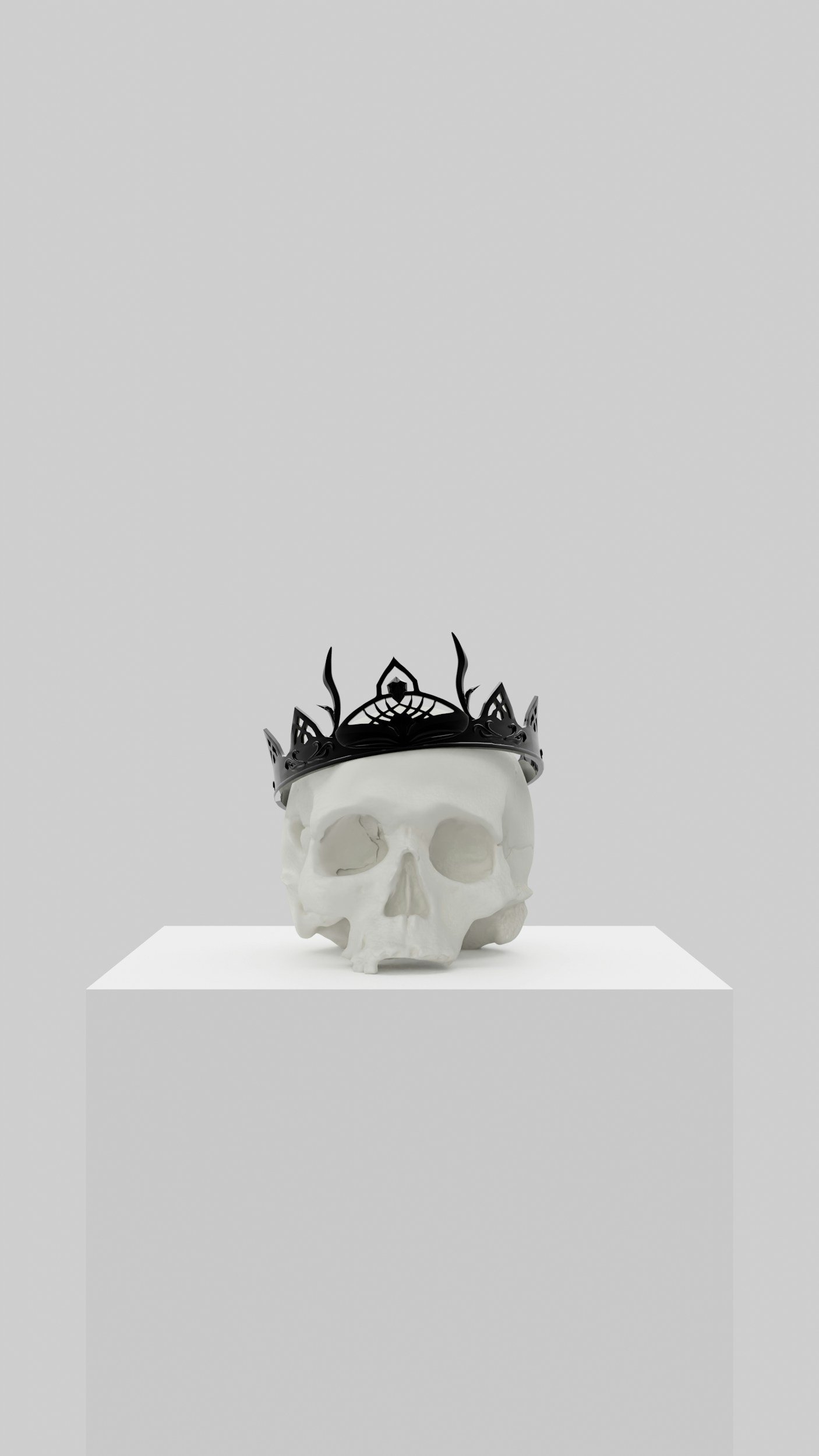How Are Akalogheli Formed?
Akalogheli—a term thought to originate from akala (sign or mark) and ogoli (wastrel)—stand out as mischievous, malevolent entities in Odinani whose origins and behaviors are steeped in cautionary tales and spiritual lessons.
Akalogheli are not spirits created in the divine order but are the tragic outcomes of unfulfilled human journeys. They are, essentially, the restless specters of those who suffered what Ndi Igbo refer to as ọnwụ ike or “hard death.”
The Origins of Akalogheli
Death Without Closure: In Igbo culture, death is not a final act, instead, it is a transition into another state of existence. A proper burial ensures that the deceased can journey through the traditional cycle of life and death, to become an ancestor or await reincarnation. However, when someone dies under certain tragic or taboo circumstances, this cycle is disrupted.
Examples of such deaths include:
> Suicide, considered a spiritual and cultural taboo.
> Execution for crimes, which carries a heavy moral and societal stigma.
> Mysterious illnesses that leave lingering fears about curses or unresolved spiritual issues.
These victims are usually denied proper burial rites, which is infact a cornerstone of Igbo spirituality. Instead of being interred with honor, their bodies may be discarded in isolated, off-limits wilderness areas, effectively severing their connection to the community and the ancestral realm.
Becoming an Akalogheli
Spiritual Limbo: Without proper burial rites and community acknowledgment, the spirits of such persons are left in a liminal state—unable to ascend to the ancestral realm or complete the cycle of reincarnation. This unresolved state of existence leaves them trapped on Earth, where their energies can manifest as malicious or mischievous spirits.
Transformation: The transformation into an Akaogheli is driven by resentment, frustration, and a yearning for resolution. The spirit, now untethered and aimless, becomes:
Violent: Lashing out at the living, particularly those connected to their unfulfilled lives.
Mischievous: Causing minor disturbances, such as moving objects or creating eerie sounds in the night.
Distressful: Waking people from sleep, frightening relatives, or haunting specific locations.
Characteristics of Akalogheli
Roaming Nature: Akaogheli are mostly described as wandering spirits with no fixed abode. Unlike ancestors, who reside in the spiritual realm and guide their descendants, Akaogheli are restless and unpredictable, they usually appear in areas where their bodies were discarded or abandoned.
Disdain for Earth: In Igbo lore, spirits that do not have material form—including owummiri (mami wota or water spirits)—are believed to disdain physical contact with the earth. Akaogheli, in their malicious form, hover or float, avoiding direct connection with the soil. This makes them particularly eerie and difficult to confront.
Fear-Inducing Presence: Their presence is mostly associated with fear and unease. From missing household items to unexplained disturbances, they thrive on unsettling those who encounter them.
Ward-Off Techniques
Igbos, understanding the nature of Akalogheli, have devised methods to protect ourselves:
Throwing Earth: Aja Ani—Earth or soil is believed to repel malicious spirits. By symbolically “grounding” the spirit, the disruptive energy of the Akaogheli is neutralized.
Spiritual Cleansing: Communities may engage in rituals to appease or banish the spirit, usually involving diviners or dibias who act as intermediaries.
Avoidance: Areas where Akaogheli are thought to roam are mostly avoided, reinforcing cultural boundaries and taboos.
Akalogheli as Warnings and Lessons
The existence of Akaogheli serves as a cautionary tale in Igbo society. They are reminders of the importance of living a life aligned with communal values and ensuring proper transitions in death.
Their stories reinforce:
The need for honor and integrity in life.
The significance of proper burial rites and respect for cultural norms.
The dangers of unresolved spiritual debts or taboos.
Final Thoughts
Akalogheli are tragic figures in Igbo cosmology, born from the spiritual void left by hard deaths and improper transitions. They remind us of the interconnectedness of life, death, and community. Understanding their origins and characteristics can help us not only honor the spiritual wisdom of Igbo people, but also gain insight into the universal human desire for closure, respect, and belonging.
What are your thoughts on this fascinating aspect of Igbo spirituality? Share your reflections in the comments below!












